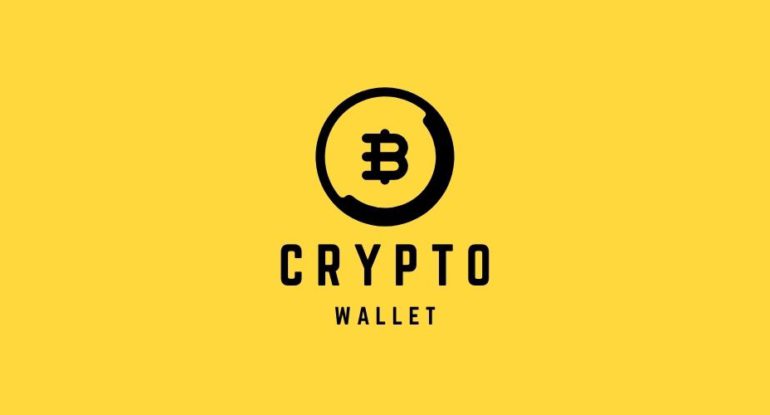Are Crypto Miners Brokers?

Mining is a vital part of the cryptocurrency industry today. While some industry followers believe that crypto mining will go away sometime in the future, it remains an active pursuit for individuals and companies to mint digital money using racks of computers.
In the current regulatory environment, the status of cryptocurrency miners is unclear. For instance, when miners approve a Security Token transaction that is built on top of a public protocol like Ethereum, are they essentially approving a transaction on behalf of another? Does this make them a broker-dealer because they are approving a securities transaction and receiving securities-based compensation? SEC Corporate Finance Director Bill Hinman publicly stated that Ethereum is not a security but, importantly, did not pass judgment on its issuance.
Ever the regulatory leader, on April 4, Templum, a FINRA-registered broker-dealer and approved alternative trading system (ATS) in the digital asset sector, submitted a Petition for Rulemaking to the SEC on digital asset mining. They state in the letter:
“Chairman Clayton has stated that nearly every Initial Coin Offering has involved the sale of a security. However, it is unclear if miners of digital assets that are securities be required to register as broker-dealers under the Securities and Exchange Act of 34. We encourage the SEC to provide formal guidance to the industry on this issue.”
Co-founders Vince Molinari and Chris Pallotta state that “Given the heightened regulatory concerns in the market, we believe that clarity of technical applications of mining and their functions could constitute regulatory activity. We believe the markets should evolve to standards to ensure best practices while protecting investors. We have concerns around public blockchains and mining as it relates to their anonymity of this function and what that could mean, i.e., who is doing the mining, and who is receiving the compensation for their service. For example, are they a bad actor or located in a banned jurisdiction of the US? Also, what happens to public chain securities if mining is no longer economical?”
Keep in mind there is no obligation for the SEC to answer this petition. But if these miners are manufacturing securities or participating in securities transactions and must be registered as broker-dealers, the ramifications may be profound. Somewhere between the anarchist cryptographers who want no regulation and the traditional institutional investors who will only enter with regulation, lies the future of the industry. For instance, there are vestiges of the old world like Transfer Agents (a trusted company, bank, or similar financial institution assigned by a corporation to maintain records of investors and account balances), that could be made obsolete with blockchain. The existing regulations assume they are necessary, so clarification is needed.
Right before this petition was filed, Blockstack, the New York-based blockchain software provider that launched in 2017 to create the infrastructure for a decentralized internet, filed a registration statement with the SEC on its intent to raise $50 million in a token sale that would leverage the SEC’s Regulation A+ crowdfunding exemption. Introduced in 2012 under the JOBS Act, the Regulation A+ exemption enables equity crowdfunding campaigns to offer and sell securities to U.S. non-accredited investors via two tiers, either for $20 million or $50 million, each over a 12-month period. In the filing, they say miners are not Broker-Dealer, no Transfer Agent is required, and no clearing agency functions are being performed. This is largely due to the focus on the “salesman’s stake” functionality of the Broker-Dealer’s absence in this case. However, the SEC has said before that Broker-Dealers do not have to have human involvement.
Also, read – The 5 Biggest Blockchain Issues
Reg A+ was specifically designed for eligible companies to offer debt or equities securities, or securities convertible into debt or equity such as options and warrants. Blockstack claims the tokens don’t share the characteristics as might be expected for a traditional debt or equity instrument. Blockstack is saying they are eligible to conduct the offering without the services of a Transfer Agent because of the first reason mentioned, that the Tokens don’t constitute as debt or equities securities because “they do not have equity-like features.”
As the SEC is required to respond to Blockstack’s registration statement within 120 days, it will be interesting to see which way the SEC offers guidance here and whether Templum’s petition puts some sand in the gears.
Add a comment
You must be logged in to post a comment.




























































